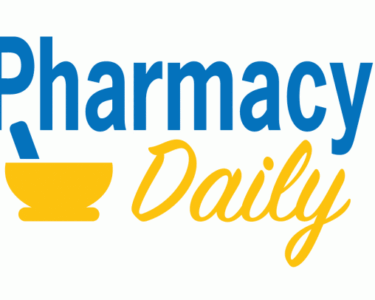THE Pharmaceutical Benefits Advisory Committee (PBAC) has knocked back Lilly’s application for PBS listing of its high-profile dementia drug Kisunla (donanemab) (PD 22 May) at the Jul 2025 meeting.
In commenting on the decision, the PBAC acknowledged there is “a high clinical need for effective disease modifying treatments for Alzheimer’s disease” (AD) and noted that existing treatments have “only modest effectiveness”.
However, it pointed out that while clinical trials demonstrated that donanemab can potentially delay the progression of early AD by around six weeks, there is a lack of consensus among clinicians over whether these results would translate into meaningful improvements for patients.
In addition, the specialist diagnostic testing required in order to determine a patient’s suitability for donanemab treatment was considered too great a burden, especially for those who did not ultimately qualify for it.
While patients are still able to pay for Kisunla privately at $4,700 per infusion, the cost would prove prohibitive for most.
“This is a disappointing outcome for patients, their families, the Alzheimer’s community, and for Lilly,” said Tori Brown, General Manager, Lilly Australia & NZ.
“It’s a decision that doesn’t reflect the true value of Kisunla for patients, their families, the health system and society as a whole.
“Lilly is working to fully understand the implications of this outcome and potential next steps,” Brown said.
The PBAC also rejected MSD’s application to have its cancer drug pembrolizumab (Keytruda) PBS-listed for all usages for which it is now registered on the Australian Register of Therapeutic Goods (ARTG) – the so-called pan-tumour funding model.
“MSD Australia & NZ is astonished that after eight years of dialogue and consideration, the PBAC…has outright rejected a funding proposal that would have removed inequities of access to a cancer-treating immunotherapy in Australia,” the company stated.
“This decision will leave some cancer patients bereft of reimbursed treatment options, while foregoing an opportunity to deliver equity of cancer care to thousands of Australians, including those with certain rare cancers.”
The drug is currently registered for 35 indications, of which 15 are partially or fully PBS funded.
Among the drugs that did get the PBAC nod were abaloparatide (Eladynos, Theramex) for osteoporosis; guselkumab (Tremfya, Janssen-Cilag) for severe Crohn’s disease; tacrolimus ointment (aZematop, Arrotex) for atopic dermatitis; and insulin degludec (Tresiba, Novo Nordisk), a new form of insulin for type 1 diabetes.
See the full outcomes HERE. KB
The post PBAC outcomes disappoint appeared first on Pharmacy Daily.

